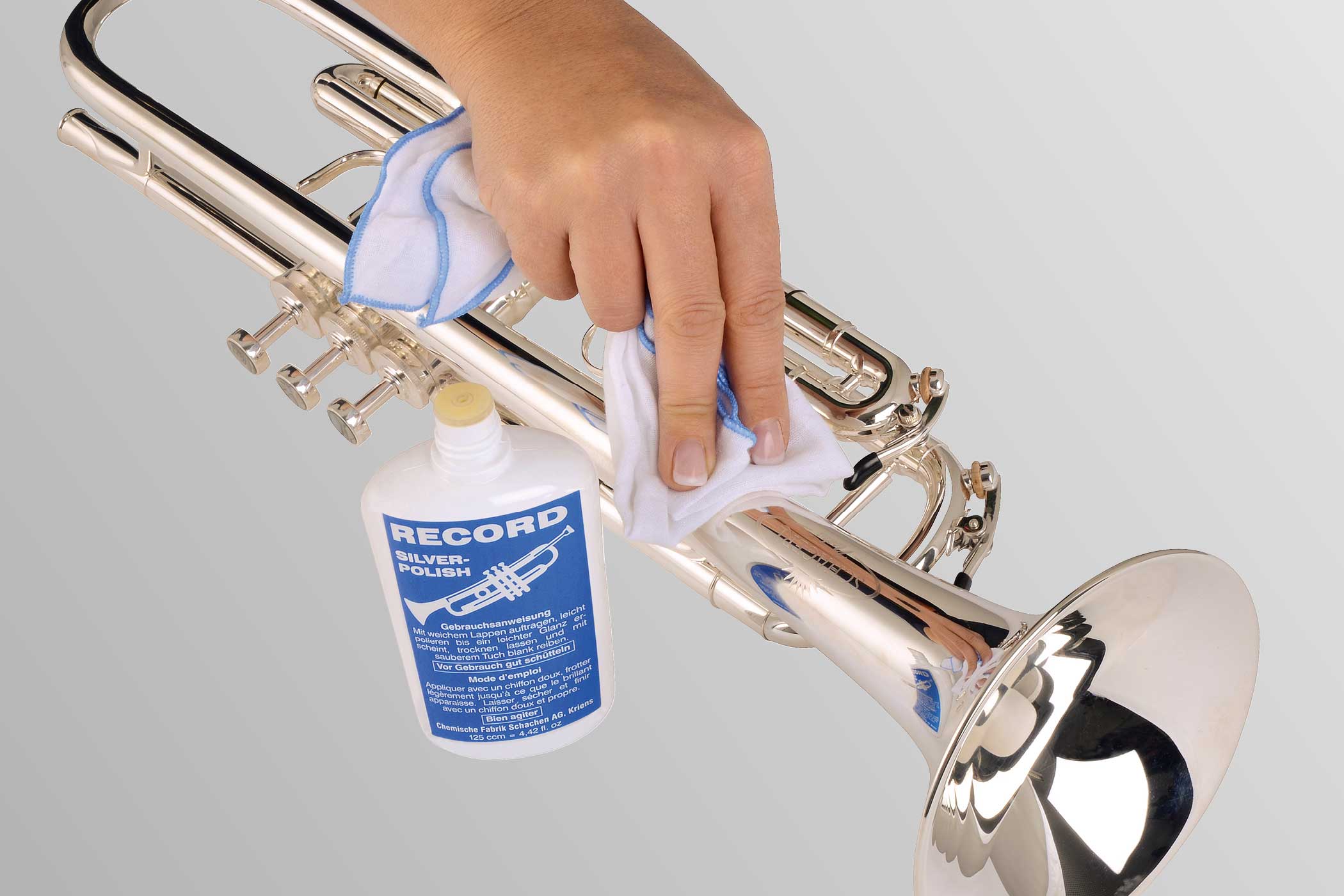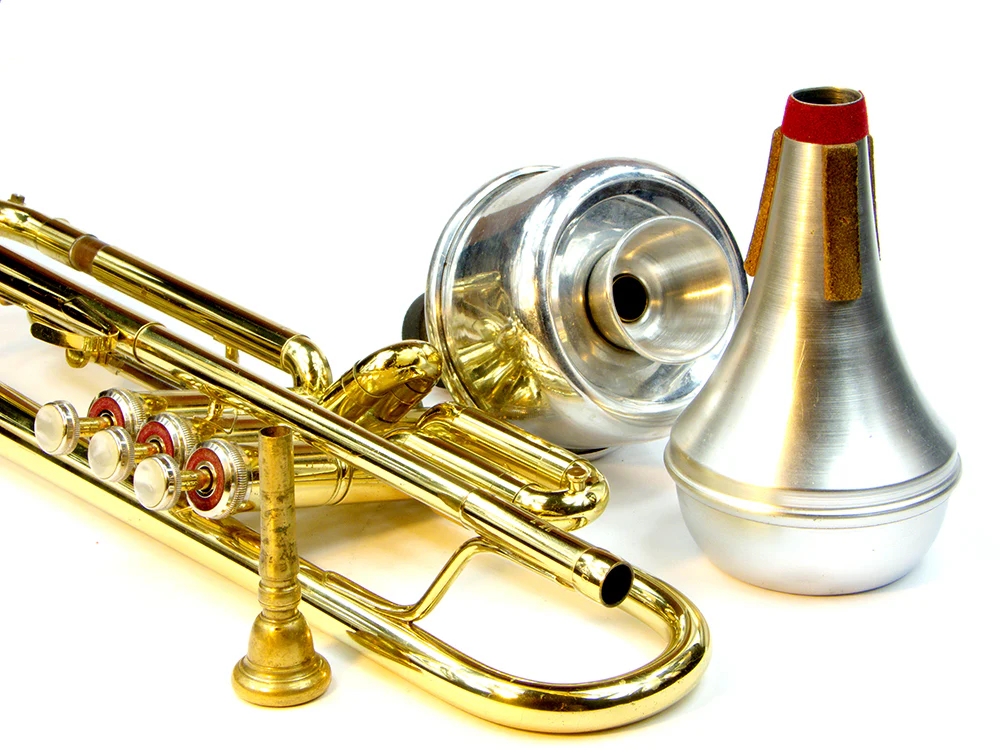Blog
“Must-Have Tools for Maintaining Brass Instruments”
Brass instruments like trumpets, trombones, and saxophones are known for their beautiful sound and craftsmanship. However, to keep them performing at their best and to ensure longevity, regular maintenance is essential. Whether you’re a beginner or a professional, having the right tools to care for your brass instrument will not only preserve its quality but also improve your playing experience. In this guide, we’ll explore the must-have tools every brass musician should have to keep their instrument in top shape.
1. Cleaning Snake
A cleaning snake is one of the most essential tools for maintaining brass instruments, especially those with intricate tubing like trumpets or trombones. This flexible, long wire with a brush at the end allows you to clean the inside of the instrument’s tubing and valves. Regular use of a cleaning snake helps remove debris, moisture, and buildup that can impact airflow and sound quality. Be sure to use it gently to avoid damaging the interior of your instrument.
How to Use It:
- Insert the cleaning snake into the lead pipe or other tubing and pull it through carefully.
- Make sure to clean all accessible parts of the tubing, particularly the areas that are hard to reach, such as the bends.
2. Valve Oil
Valve oil is vital for keeping your brass instrument’s valves moving smoothly. Over time, moisture and grime can cause the valves to become sluggish, affecting performance and response. Regularly applying valve oil helps reduce friction, preventing wear and ensuring smooth, quick action for better sound production.

How to Use It:
- Apply a few drops of valve oil directly to the valve casing and push the valve up and down a few times to distribute the oil evenly.
- Wipe away any excess oil to avoid attracting dust and dirt.
3. Mouthpiece Brush
Your mouthpiece is one of the most important parts of your brass instrument, and it should be cleaned regularly to ensure optimal sound quality and hygiene. A mouthpiece brush is specifically designed to clean the inside of your mouthpiece and remove any buildup of saliva, oils, or residue that may accumulate from playing.
How to Use It:
- Insert the mouthpiece brush into the mouthpiece and scrub gently but thoroughly.
- Rinse with warm water and let it dry completely before using it again.
4. Tuning Slide Grease
Tuning slides help adjust the pitch of brass instruments, but they can get stuck or become difficult to move if not properly maintained. Tuning slide grease is a special lubricant that prevents corrosion and helps keep slides moving smoothly.
How to Use It:
- Apply a small amount of grease to the tuning slide and gently work it in.
- Remove any excess grease to prevent it from attracting dirt or dust.
5. Polishing Cloth
A polishing cloth is essential for maintaining the exterior finish of your brass instrument. Whether your instrument is lacquered, silver-plated, or gold-plated, regular polishing helps prevent tarnishing and keeps it looking new. Polishing cloths are made from microfiber or other soft materials that will not scratch the surface.
How to Use It:
- Gently wipe down the entire surface of your instrument after each use.
- Pay attention to high-touch areas like the bell, slide, and tuning slide.
6. Cleaning Cloths and Towels
Keeping your brass instrument dry after playing is essential to prevent moisture buildup and corrosion. Cleaning cloths and towels are useful for wiping down the inside and outside of your instrument. You’ll need a soft cloth to remove moisture from the tubing and other parts of the instrument.
How to Use It:
- After playing, remove any moisture from the interior of the instrument using a cleaning cloth or a soft towel.
- Use a dry cloth to wipe the exterior of the instrument, ensuring no water is left behind.
7. Silver or Brass Polis

If your brass instrument has a silver or brass finish, using the right polish can help maintain its appearance and prevent tarnishing. Brass polish is specifically formulated for brass instruments, helping to maintain their shine without damaging the finish.
How to Use It:
- Apply the polish to a soft cloth and gently rub it on the instrument’s surface.
- Be sure to buff the surface until it shines, removing any excess polish to avoid streaking.
8. Slide Oil (for Trombone and Similar Instruments)
If you play a trombone or another instrument that uses a slide, slide oil is crucial for ensuring smooth action and preventing corrosion. The oil lubricates the slide and keeps it moving freely, improving your playing performance.
How to Use It:
- Apply a generous amount of slide oil to the slide tube before playing.
- Move the slide back and forth to distribute the oil evenly, and wipe away any excess.
9. Cork Grease (for Valve Casing and Tuning Slides)
Cork grease is another essential maintenance tool for brass instruments that have corks, such as the tuning slides and valve casings. It prevents corks from drying out, cracking, or sticking, ensuring that the tuning slides and valves operate smoothly.
How to Use It:
- Apply a small amount of cork grease to the corks of the tuning slides and valves.
- Gently rub the grease into the cork with your fingers.
10. Air Pump (for Large Brass Instruments)
For larger brass instruments like tubas, an air pump can help remove moisture and keep the instrument free of buildup. These pumps are especially useful for preventing mold and bacteria growth inside large brass instruments, where moisture can accumulate over time.
How to Use It:
- Insert the air pump nozzle into the instrument’s tubing and pump to expel moisture.
- Ensure that all sections of the instrument are thoroughly dried out.
Conclusion
Proper maintenance is key to ensuring that your brass instrument remains in excellent playing condition and continues to produce the best possible sound. By using the right tools, such as cleaning snakes, valve oil, mouthpiece brushes, and polishing cloths, you can keep your instrument clean, well-lubricated, and looking great for years to come. Regular upkeep will not only preserve your instrument’s longevity but will also enhance your playing experience. Whether you’re a professional musician or an enthusiastic beginner, investing in these essential tools is the best way to ensure your brass instrument stays in peak condition.


